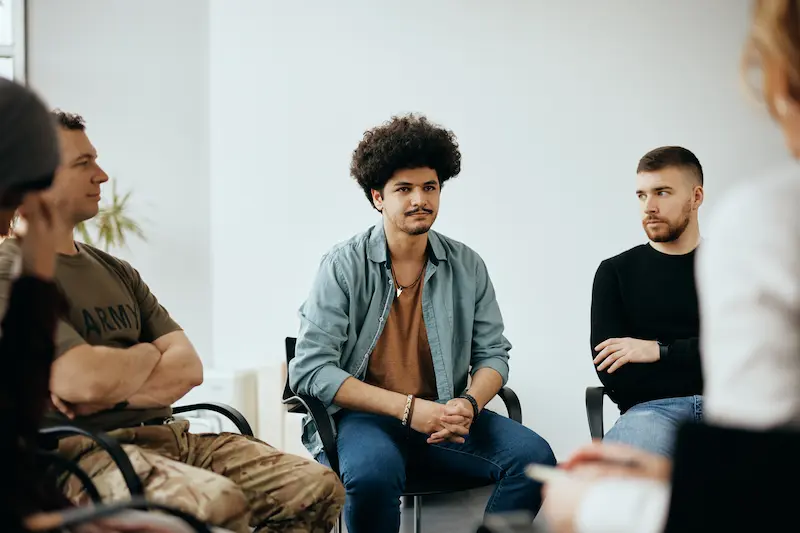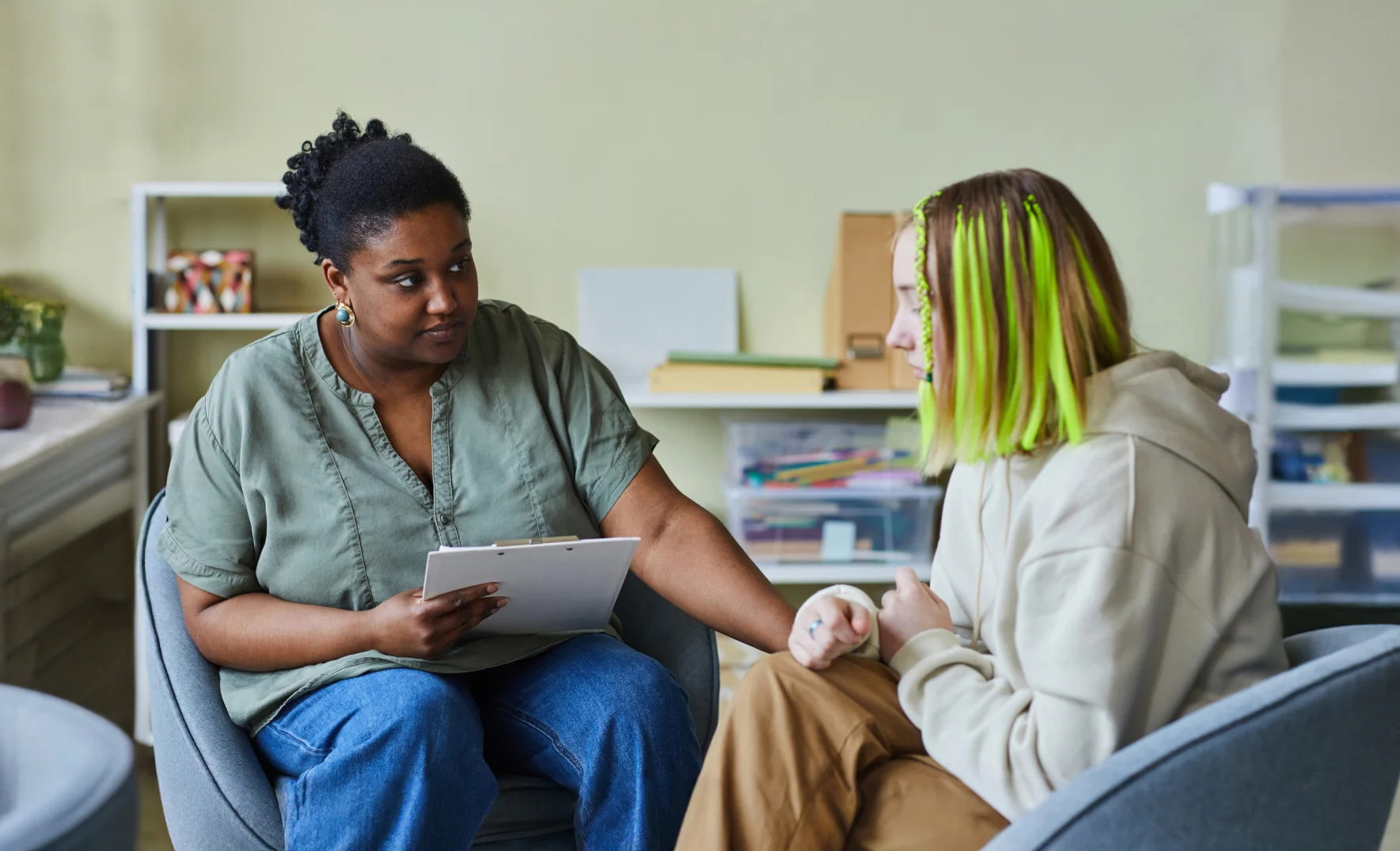24/7 Helpline:
(866) 899-221924/7 Helpline:
(866) 899-2219
Learn more about Klonopin Rehab centers in Clayton County

Other Insurance Options

Premera

United Health Care

UnitedHealth Group

MVP Healthcare

EmblemHealth

CareSource

State Farm

Private insurance

Kaiser Permanente

Sliding scale payment assistance

Health Net

MHNNet Behavioral Health

Coventry Health Care

WellPoint

Covered California

American Behavioral

Molina Healthcare

Medical Mutual of Ohio

Anthem

GEHA

Path Recovery Living for Women
Path Recovery Living for Women is a sober-living facility for women recovering from alcohol and/or d...

Road to Recovery
Road to Recovery is a non-profit rehab located in Forest Park, Georgia. Road to Recovery specializes...

















































































